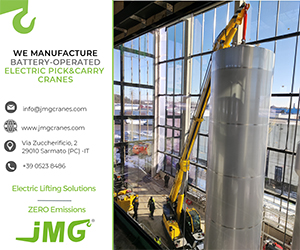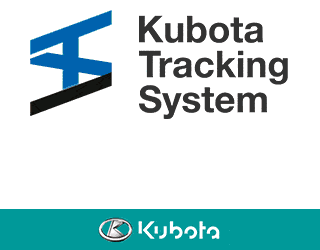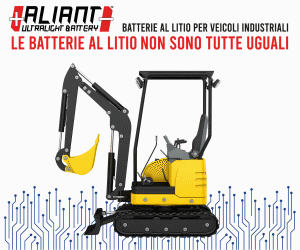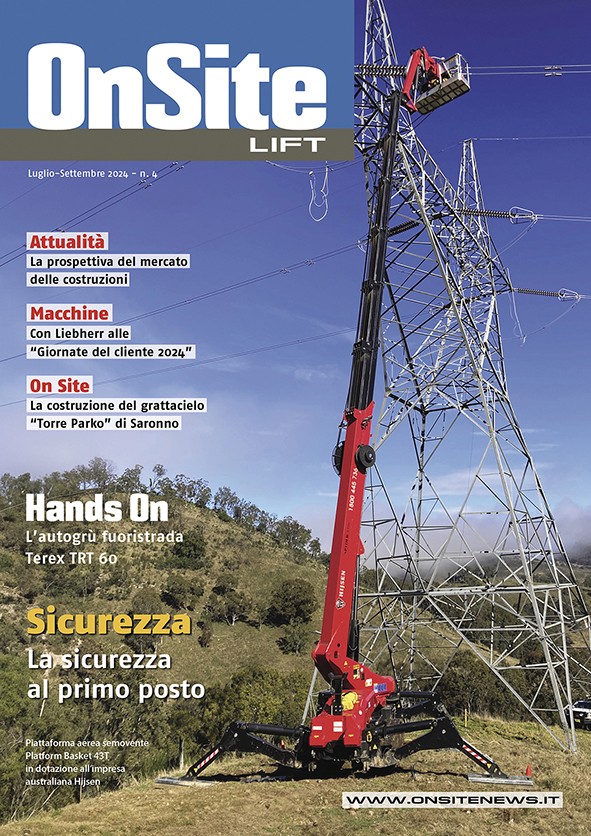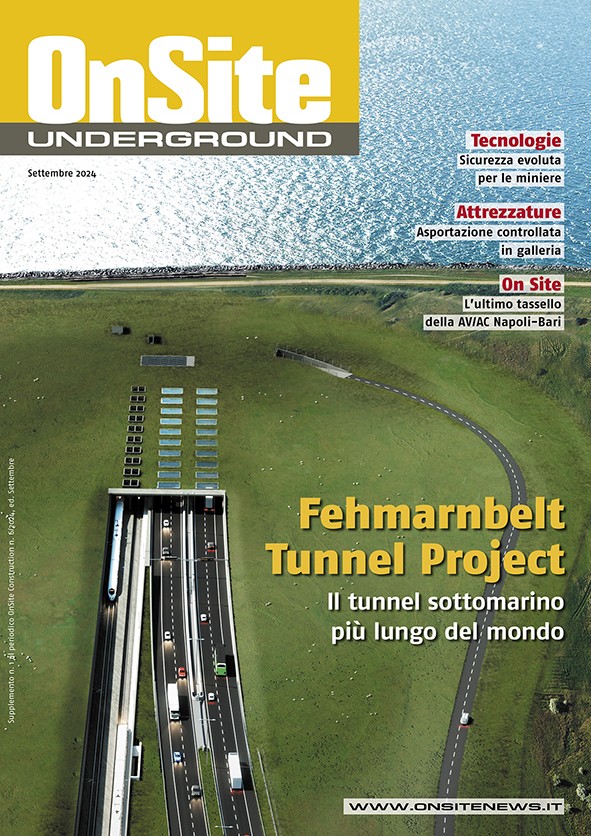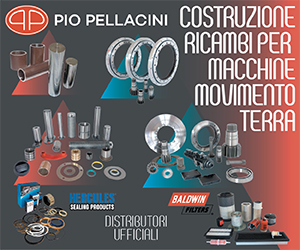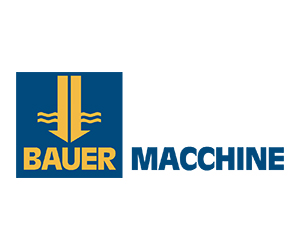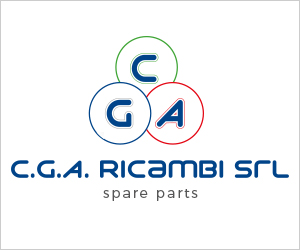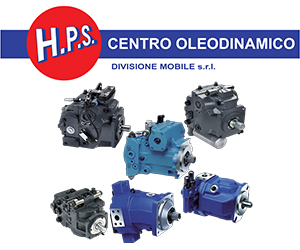Home \ International \ First Benninghoven's Recycling Priority Plant (RPP) begins asphalt production in Switzerland
First Benninghoven's Recycling Priority Plant (RPP) begins asphalt production in Switzerland
06/06/2023
Pubblicato da Ettore Zanatta
The asphalt mixing plant with hot gas generator technology begins production after a construction time of only six months
The new Benninghoven RPP 3000 Plus (RPP = Recycling Priority Plant) is the first asphalt mixing plant in Switzerland to be equipped with environmentally friendly hot gas generator technology. Above all, the plant impressed the customer with high recycling rates, low emission values and clearly defined quality standards.
As a subsidiary of Implenia, Switzerland’s biggest construction company, SAPA (Societe Anonyme De Produits Asphaltiques) supplies its customers with asphalt mixes of all kinds, mainly for smaller and medium-scale road construction projects. For the Swiss, sustainability and energy-efficiency are high-priority issues. This was also one of the reasons why the owners decided to replace the existing plant in Satigny, not far from Geneva, with a new, next-generation asphalt mixing plant. As Benninghoven asphalt mixing plants set technological benchmark standards in this respect, and in view of ever tighter environmental regulations and increasing demands on asphalt mixing plant operators to realise higher RAP feed rates, they are also a particularly cost-efficient and sustainable solution.
On average, asphalt mixing plants in Switzerland produce 60,000–80,000 t of material per year; that’s up to 40,000 t less than the quantities produced in other countries. Regulations with regard to recycling, sustainability, conservation of resources, and carbon emissions are nevertheless the same as in the rest of Europe. Asphalt mixing plants must produce qualitatively flawless mix with minimal environmental impact and set their focus on the recycling of the material – and that at every output level. In this project, a minimum proportion of RAP > 60 % was one of the highest priorities on the list. A figure that the RPP 3000 Plus can easily top, as RAP feed rates of up to 100 % are no problem at all for an RPP-type asphalt mixing plant with hot gas generator technology.
After the customer had defined the project requirements, Benninghoven developed a concept for a plant of the required size with an end of service life horizon of 30 years. The RPP 3000 Plus proved to be the ideal solution, not least thanks to its high efficiency and cost-effectiveness, new cycling technologies and the local service infrastructure and rapid availability of service technicians and spare parts. As soon as the decision was made, progress began at a rapid pace. The entire process, from plant construction to commissioning, took only six months.
In order to fulfil the requirements of the Swiss Revised CO₂ Act and the Ordinance on Air Pollution Control (OAPC) in every respect, the customer aims to use the new plant to reduce CO₂ emissions through the proportion of RAP and the fuels employed and achieve a significant reduction of the overall carbon emissions (Cges) by the use of hot gas generator technology. The use of a recycling drum with a hot gas generator enables compliance not only with currently applicable threshold values, but also those of even more stringent future legal requirements.
Switzerland is targeting a reduction of greenhouse gas emissions by one-half by 2030. In order to achieve this target, the new CO₂ Act focuses on investments in climate protection and advanced technologies, and combines these measures with financial incentives. In addition to prescribing emission limits, the new OAPC also requires asphalt mixing plants to fulfil specific constructional and operational requirements, e.g. continuous temperature monitoring of the mineral aggregates and asphalt granulates in the recycling drum. These criteria were also taken into account in the case of the RPP 3000 Plus asphalt mixing plant in Satigny, where this example of the latest generation of Benninghoven asphalt mixing plants is now producing asphalt for Swiss roads and motorways with minimal environmental impact and maximum efficiency.

Ultime notizie di Wirtgen Macchine
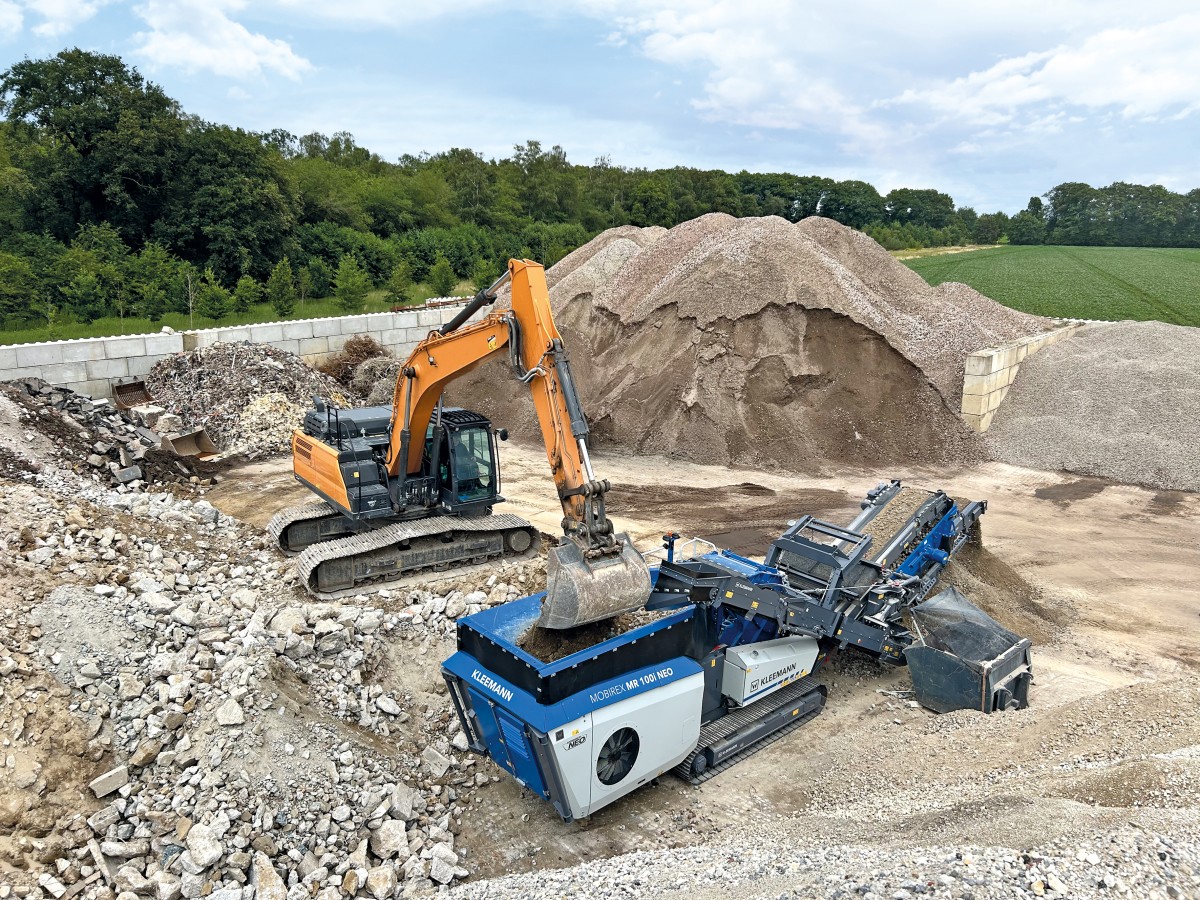
Earthmoving Machinery
21/11/2024
Kleemann: New compact crusher used for recycling
Impact crusher MOBIREX MR 100i NEO impresses during operatio...
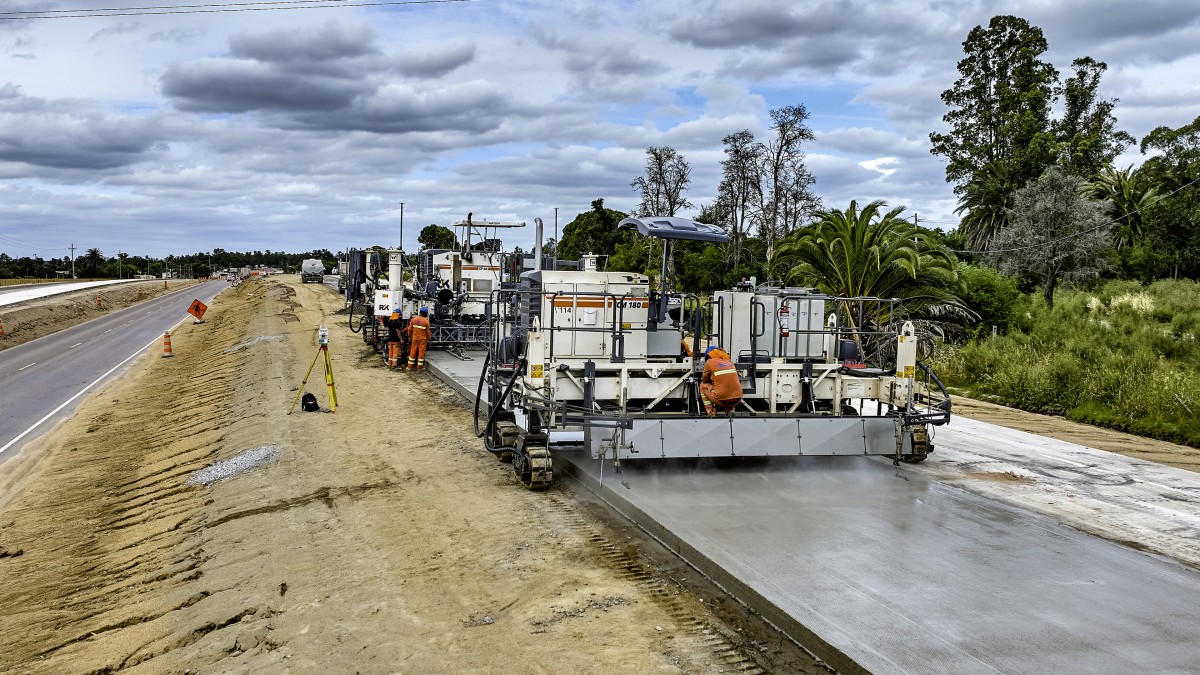
Road Machinery
04/11/2024
Wirtgen: Widening of the Ruta 5 highway from Montevideo to the Brazilian Border
Efficient concrete paving solutions from Wirtgen ensure the...
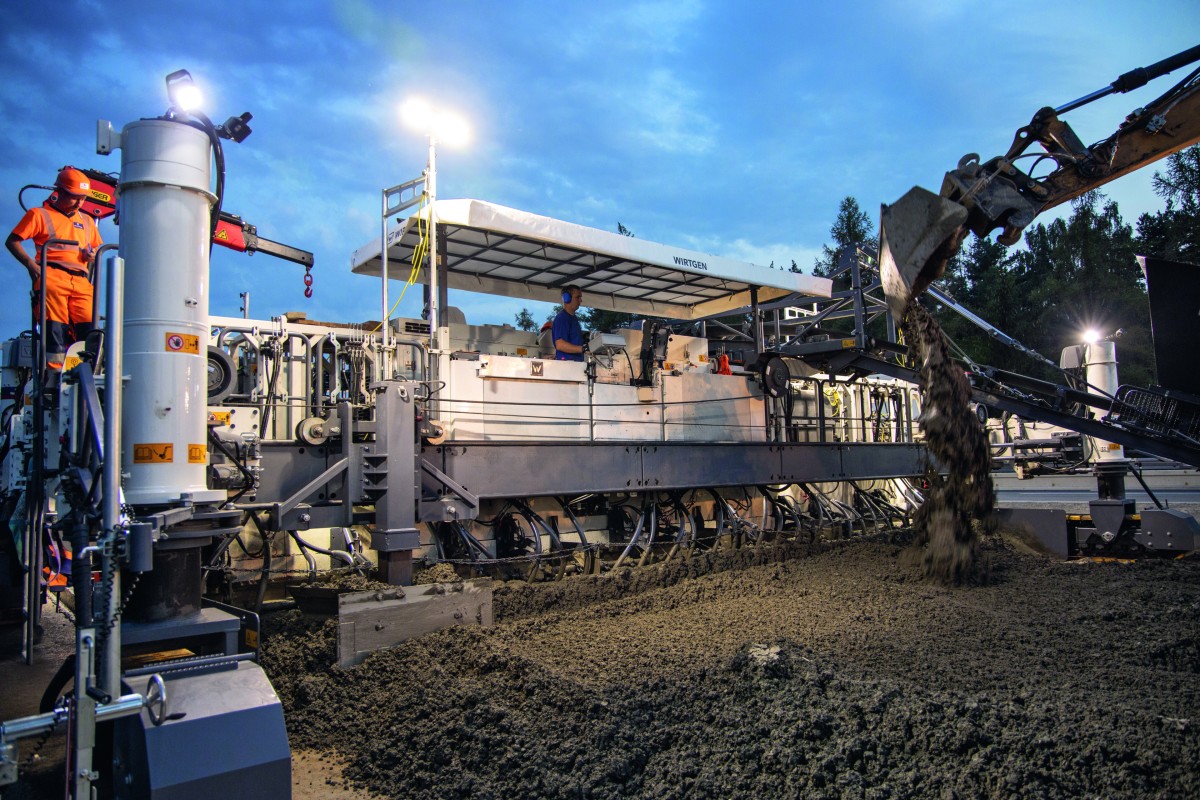
Road Machinery
31/10/2024
Wirtgen: Concrete paving with inset slipform pavers
Wirtgen has been offering machines for inset slipform paving...
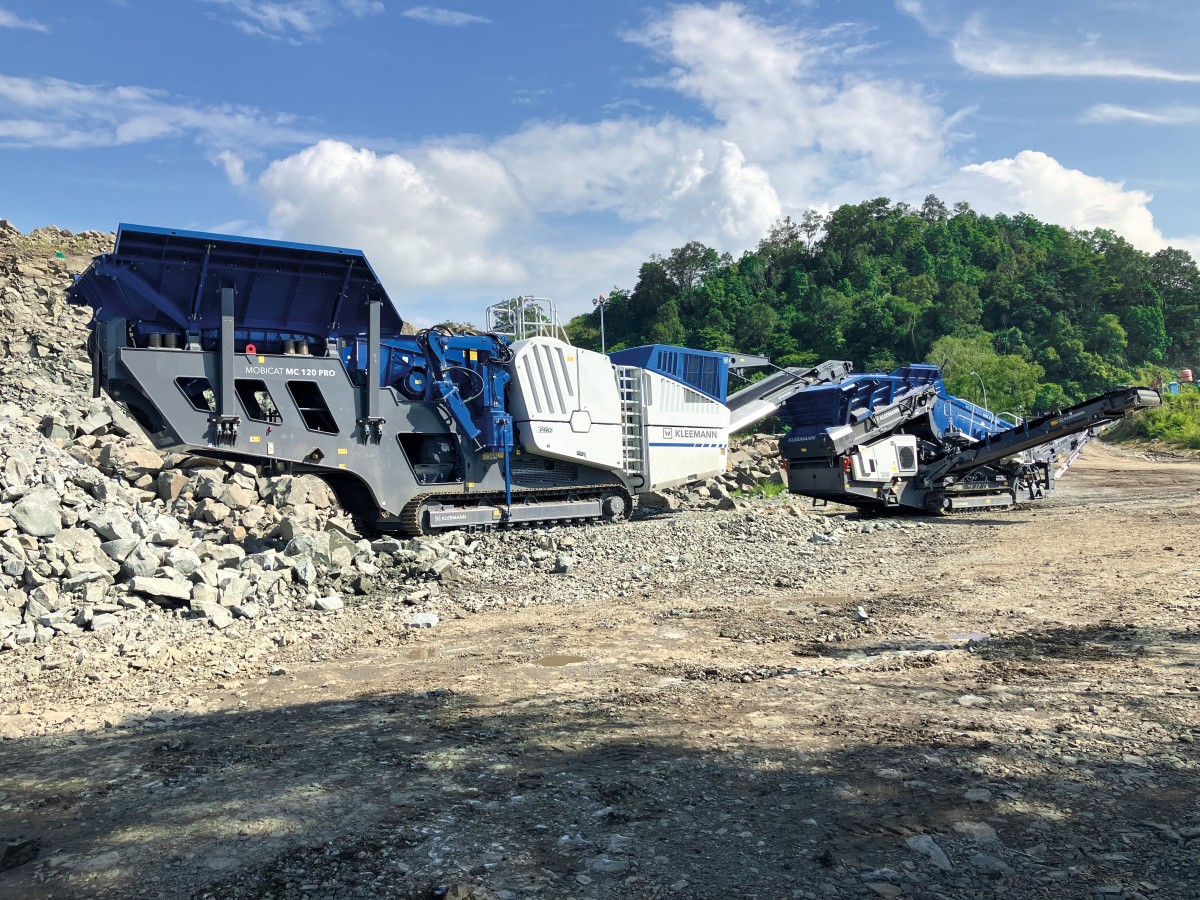
Earthmoving Machinery
28/10/2024
Kleemann: Andesite processing in Indonesia
A MOBICAT MC 120 PRO and a MOBISCREEN MSS 802 EVO are deploy...
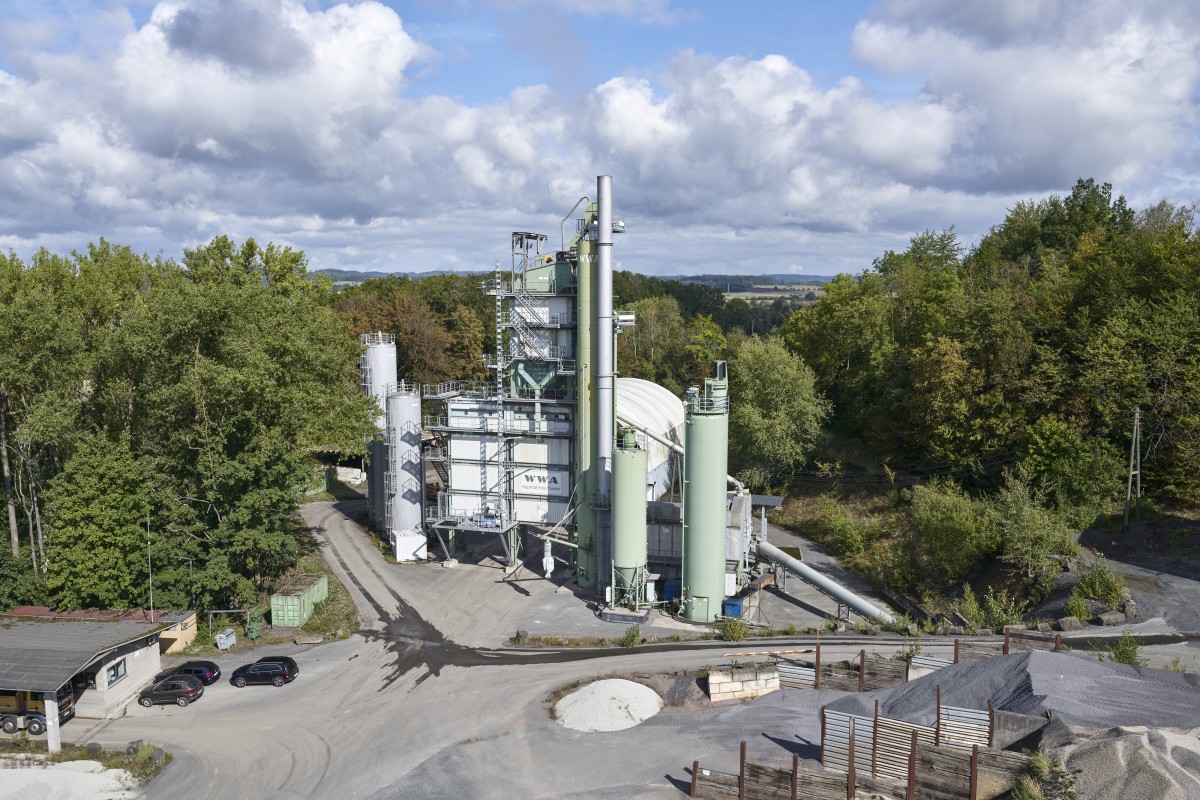
Earthmoving Machinery
24/10/2024
Benninghoven's REVOC system proven in practice
The REVOC Retrofit solution has been installed at an existin...
Road Machinery
01/10/2024
The Wirtgen Group at Paving Expo 2024
The Wirtgen Group presents groundbreaking technologies at Pa...
Altri International
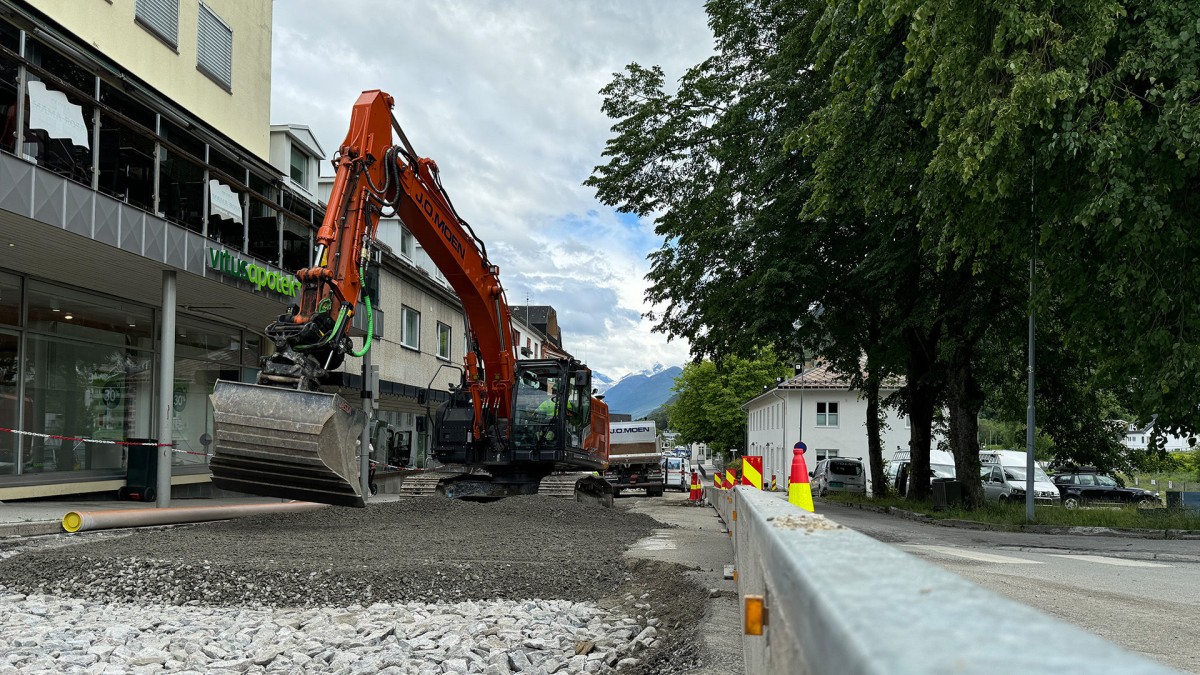
International
28/11/2024
Hitachi's Zaxis-7 excavator is a favourite for Norwegian family-business
Norwegian family business JO Moen AS has added a ZX225USRLC-...
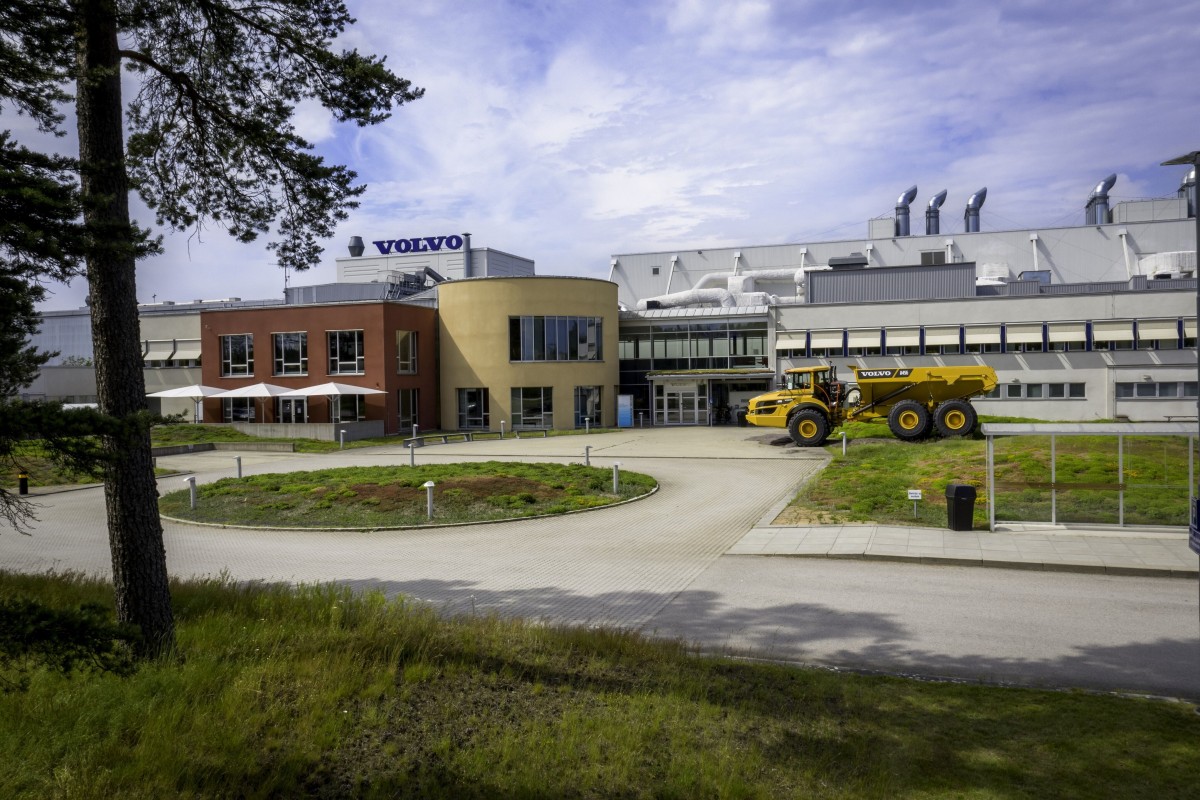
International
27/11/2024
Home of Volvo Construction Equipment’s pioneering articulated haulers advances to Climate Efficient Site
As one of the construction industry’s most active drivers of...
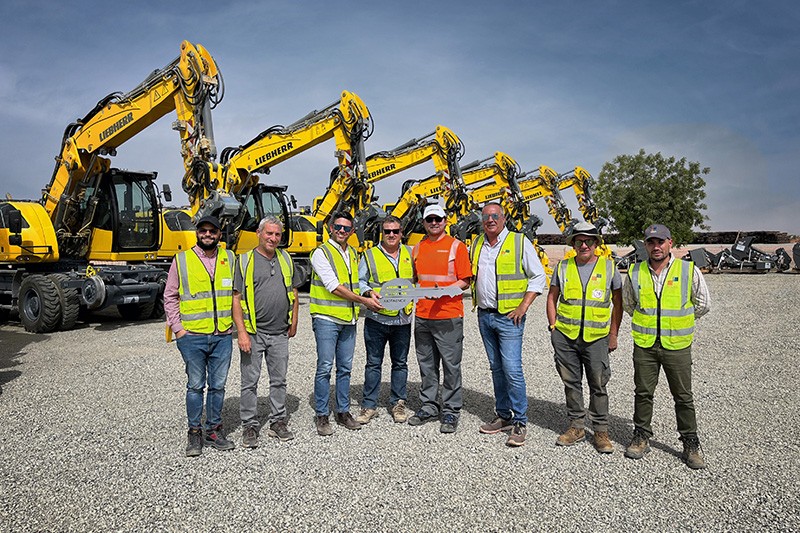
International
26/11/2024
Mota-Engil orders 10 Liebherr railroad excavators for a major project in West Africa
The Portuguese construction company Mota-Engil has once agai...
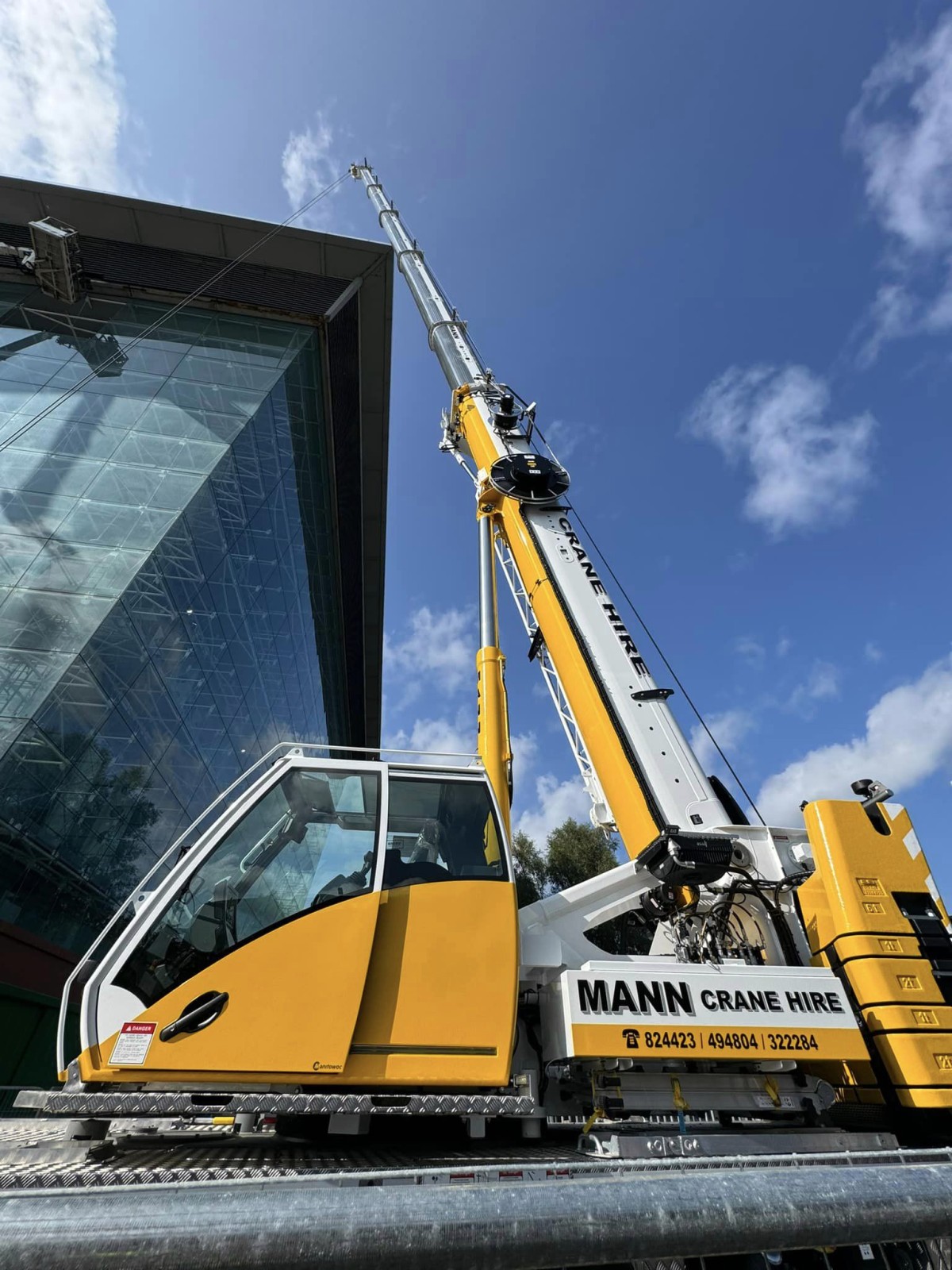
International
25/11/2024
New Grove GMK3060L-1 drives busy schedule for Mann Crane Hire
• Mann Crane Hire selected the GMK3060L-1 for its class-lead...
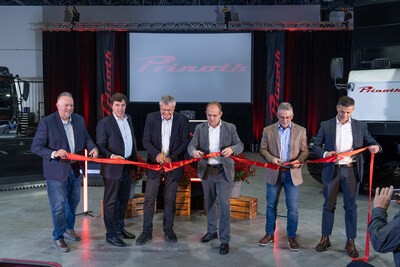
International
25/11/2024
Prinoth Unveils Expanded Production Facility in Granby, Canada
Prinoth held an event to announce the official opening of it...
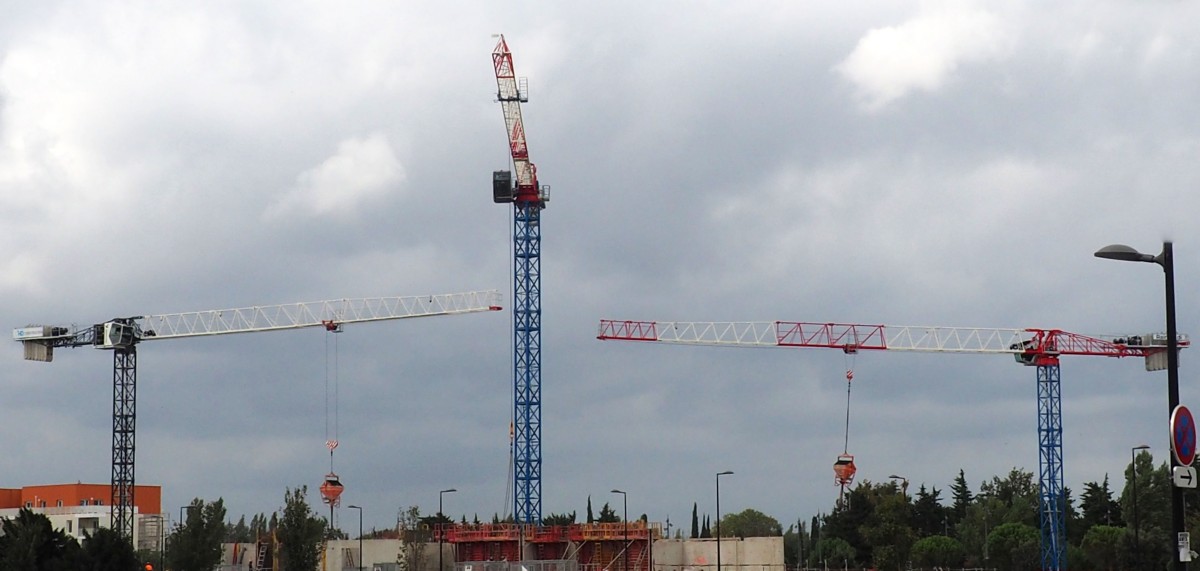
International
23/11/2024
GPMat International takes delivery of two Raimondi T147s residential development in the South of France
- Official agent of France expands its product lineup with t...


















